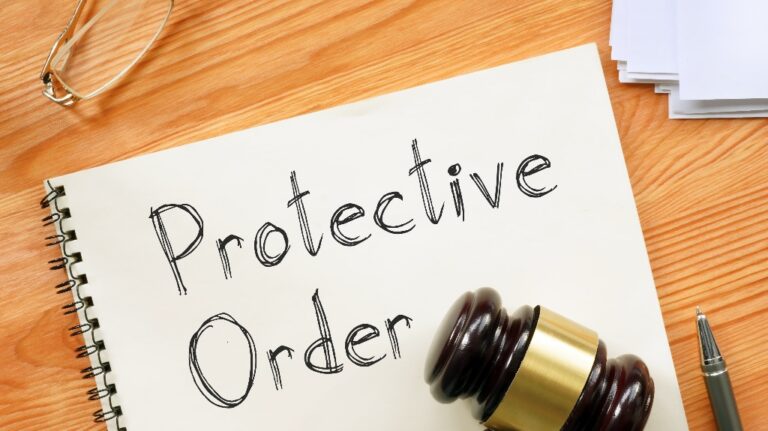Living with domestic violence can make you feel trapped and uncertain about where to turn. No one should have to feel unsafe in their own home or in their daily life. Ohio law recognizes this and provides a way for victims to seek protection through a Civil Protection Order (CPO). A CPO is not a criminal charge, but a civil court order that can create distance, set boundaries, and give you breathing room to move forward.
If you are considering filing for a CPO, knowing what to expect can ease some of the fear and help you prepare for the steps ahead.
Who Can File for a Civil Protection Order
Ohio law allows victims of domestic violence to file for a CPO against a spouse, former spouse, family member, or household member. You may also file against someone with whom you share a child. Dating partners can qualify as well, but only if they have lived together within the past five years or share a child in common. You do not need to currently live with the abuser to qualify.
What Happens After Filing
Once you file, the judge or magistrate will usually review your petition the same day. If the court believes you face immediate danger, it may issue an ex parte order. This is a temporary order granted without the abuser being present. An ex parte order can require the abuser to leave your home, stop contacting you, and stay away from your workplace or school.
The court will then schedule a full hearing within seven to ten court days. At this hearing, both sides can present evidence and testimony. You should bring any documentation you have, such as police reports, photographs, medical records, text messages, or witness statements. The judge will decide whether to issue a full protection order, which can last up to five years.
What Protections Are Available
A Civil Protection Order can go beyond simply ordering the abuser to stay away. Depending on your circumstances, the court may also:
- Grant you exclusive possession of your home, even if the abuser’s name is on the lease or deed
- Award temporary custody of children and set parenting time schedules
- Order the abuser to provide temporary financial support
- Require the abuser to turn over firearms
- Prohibit further abuse, threats, or stalking
- Order counseling or treatment for the abuser
The terms will depend on the facts of your case and what you request in your petition.
Enforcement of a Civil Protection Order
A CPO is legally enforceable. Violating the terms of the order can result in arrest and criminal charges. In Ohio, a violation is typically a first-degree misdemeanor, but repeat or aggravated violations can be charged as a felony.

If the abuser contacts you or shows up in violation of the order, call the police immediately. Keep a copy of your order with you and provide one to your children’s school, your employer, or anyone who should know about the restrictions.
Preparing for the Hearing
Court hearings can feel intimidating, especially when you are facing the person who harmed you. Consider speaking with a Civil Protection Order attorney before your hearing. An attorney can help you gather evidence, prepare your testimony, and present your case clearly to the judge.
Contact Attorney David Shook for More Information
Filing for a Civil Protection Order is a serious step, but it can provide real safety and peace of mind. The process in Ohio moves quickly, often within days of filing. By understanding what to expect, you can approach it with more confidence and preparation.
At the Law Office of Attorney David Shook, we work with individuals who need protection from domestic violence and guide them through every step of the court process. If you or someone you care about needs help, reach out today to discuss your options.



